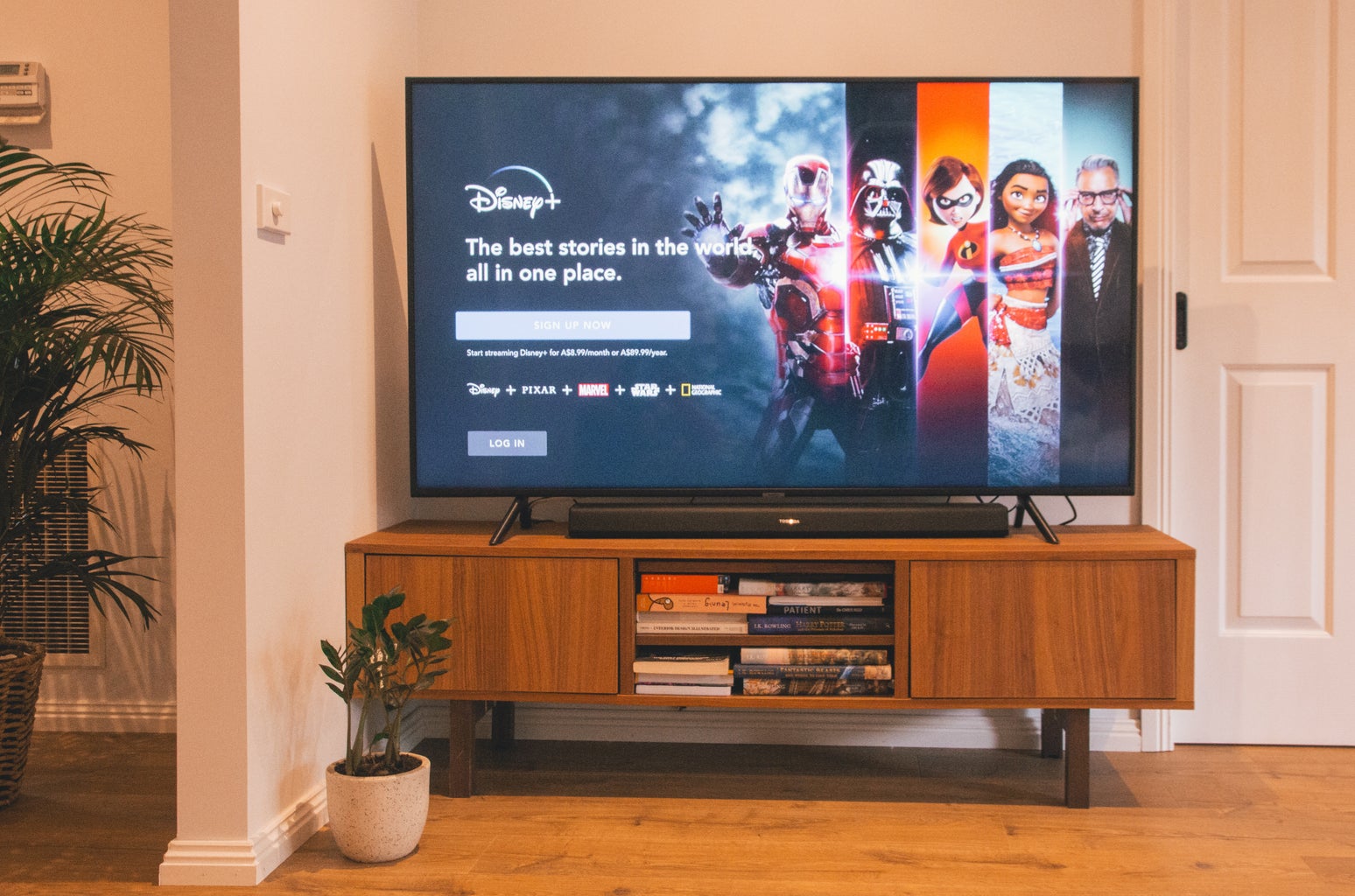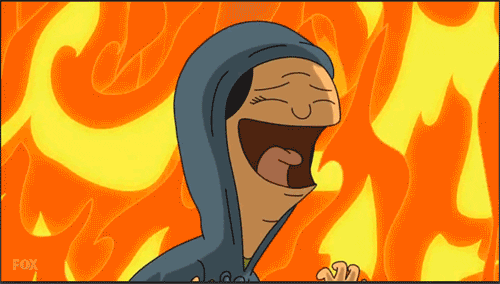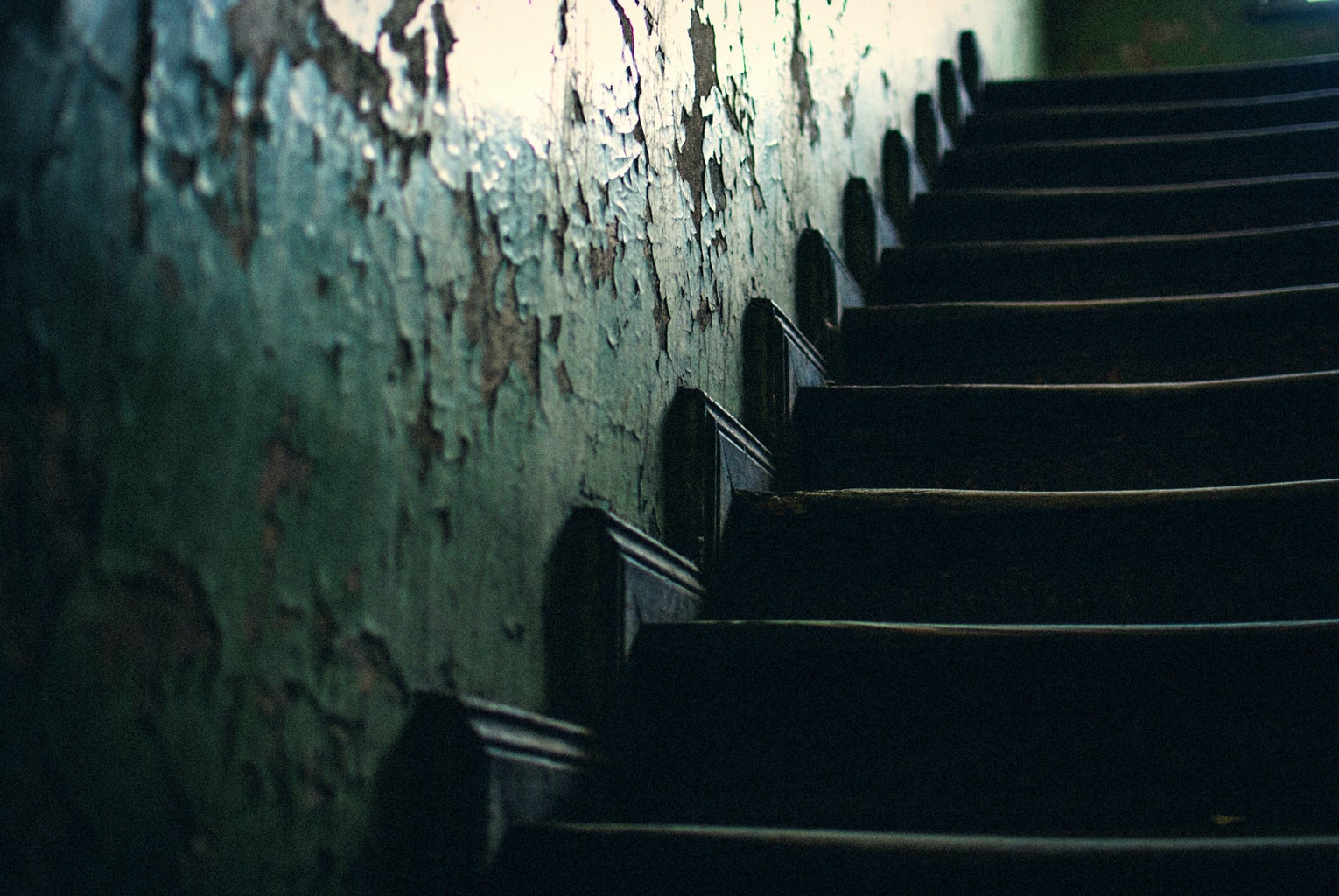It has occurred to me lately, that we’re in a new era of golden television with multibillion-dollar conglomerates, on-demand streaming and unprecedented accessibility.
We’re watching all the time. We re-watch the movies and shows we love from our phones on the way to class or engage in a 3 am comfort binges of the latest Netflix series.
As someone who spends more time than they’d like to admit on Netflix and Hulu, due to a crippling inability to tolerate silence, I started wondering if my TV bad habit was really all that bad. I resent the early 2000s parental notion that TV would never teach us anything; that we were always better off flash-carding our way through the multiplication tables.
These screens have the power to influence our thoughts through their characters, yet we often gloss over the importance of a worthy adversary for our hero. A good villain captures our attention, stalks our dreams and troubles our souls by operating in a sea of gray moral ambiguity. They push our heroes to unlock talents that would’ve otherwise gone unnoticed. Think the very first installment of Iron Man, Tony Stark, now the most well-respected martyr of the Marvel series, was at first depicted quite villainously, a habitual drinker making a killing off massive weapons manufacturing. When captured, he was forced to undergo a necessary character arc, one that would become responsible for saving the Earth and the Universe time and time again.
Let’s take a look at some iconic villains in recent television history:
Thanos and Magneto: Antiheroes of Mass Destruction
Thanos is the ultimate villain. The Titan alien is synonymous with the greatness of the Marvel Universe and is the epitome of a villain with a really messed up moral compass. His primary goal in eliminating half the population is self-described as altruistic — “doing what has to be done because no one else will” — but just happens to involve a ton of horrific senseless violence.
Like Thanos, Magneto is an iconic emblem of his own universe. Magneto is the recurring villain in X-men, a mutant with the ability to control magnetic fields and opposes human-mutant coexistence. His backstory contextualizes his horrific actions by describing him as a Holocaust survivor, whose actions, though brutal, are incentivized to protect the mutants from a similar fate.
Rick Sanchez and Dr. Doofenshmirtz: Beloved Comedic Villains
Villains have been written into comedic roles with much success. They worm their way into our hearts by cocooning their malevolent behavior with humor and relatability. Dr. Doofenshmirtz from Phineas and Ferb represents an iconic childhood villain for many of us in the college generation. He was clearly a genius of Phineas proportions, with his plan always predictably foiled by Agent Perry the Platypus. Almost every episode, we were reminded of his unloving parents and tragic childhood.
Rick Sanchez from Rick and Morty has become a cult classic polarizing character. While possessing all the intelligence and ability to protect and serve, his narcissistic personality and hateful attitude make him a villainous presence in his family but sometimes, the begrudging hero.
BoJack Horseman and Joe Goldberg: Bad Guys Who Self-Rationalize Evil Behavior
BoJack Horseman is a complicated character. His actions are explained in the context of mental illness, substance use, abuse and a bad childhood. Still, he often causes more trouble than he solves and becomes the villain in the story of many of his peers. Despite having a large circle in the beginning due to his early success and fame, he ends up alone due to his toxic self-serving repetitive behaviors toward those around him.
The release of the third season of YOU dives deeper into the sociopathic inner monologue of Joe Goldberg and the introduction of his crime pattern antithesis in the form of his wife, Love Quinn Goldberg. While Joe is the clear villain, wreaking havoc on the underserving wherever he goes, he makes a captivating villain with his self-justifying inner monologue and quintessential traumatic past.
BoJack and Joe Goldberg are interesting villains, as they often come very close to realizing what they truly are but are powerless to change their ways.
What Villains Mean for Us
Mulling over these characters we’re all so familiar with, whether we love, hate or are not sure how to feel, is so much more than we give ourselves credit for. They represent the extreme depths of our imagination while representing the evils we battle every day.
It’s difficult to identify our own villains. In the movies and TV, we’re so familiar with villains that are often presented as a singularity — a sole individual responsible for wreaking havoc on the good people of Earth. This makes it easier to tell a story, but our own villains come in broader packages. They may be a class we’re struggling with, a career path we’re not sure about or old memories weighing heavy on our hearts.
When we watch the Avengers destroy Thanos, watch Batman battle Joker, bite our nails as David maims Goliath, we are inspired to tackle our own demons. While they often come in less visually appalling packages, they bring out the hero in us.
Whilst there is always carnage in the battle between the hero and the villain, the outcome better mobilizes us for the inevitable stronger adversary, and we come one step closer to a better tomorrow. We need villains to push us to examine our own moral ambiguities and how far we would go to maintain the status quo. Life is a plot with challenges and missteps, and it’s up to us to defeat our villains and bring peace and harmony back into our lives — no less than it was the job of our superheroes.






